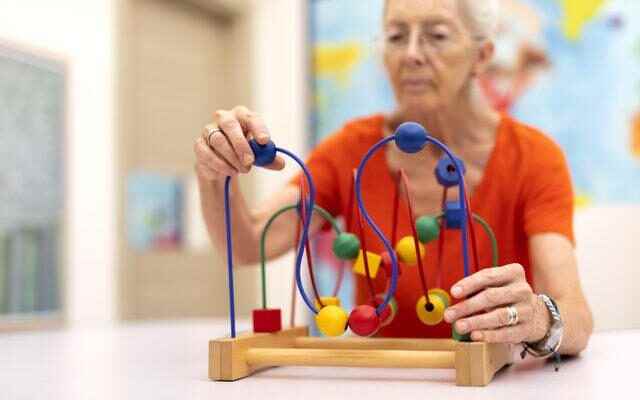Dementia is a decline and deterioration in more than one cognitive function (such as memory, learning, attention, direction finding, language, planning, conformity in social behavior) at a level that affects daily living activities. If there is a cognitive decline in the person, it must be revealed whether it is due to mental intensity or dementia.
Today, Alzheimer’s is the most common cause of dementia (dementia), and the disease is frequently encountered over the age of 65. With the increase in life expectancy in the world, the incidence of Alzheimer’s disease is also increasing.
ALZHEIMER RISK CAN BE DEFINED
Many risk factors for Alzheimer’s have been defined, such as advanced age, low education level, obesity, high blood pressure, high cholesterol, low physical activity, history of head trauma, long-term depression, and genetic predisposition. At the very least, it is of great importance to identify these risk factors and avoid the modifiable ones. Having Alzheimer’s disease in the family and some predisposition in genetic analyzes increase the risk, but this does not mean that everyone with a predisposition will have Alzheimer’s. Today, early diagnosis of the disease can be made with techniques such as early diagnosis, genetic tests, measurement of beta amyloid and tau in the cerebrospinal marrow fluid, amyloid PET, MRI, FDG PET.
